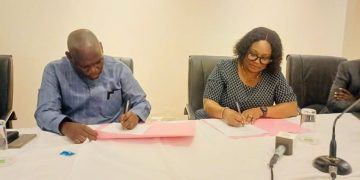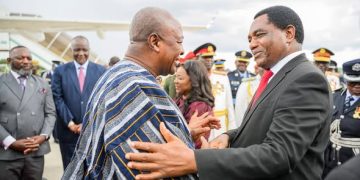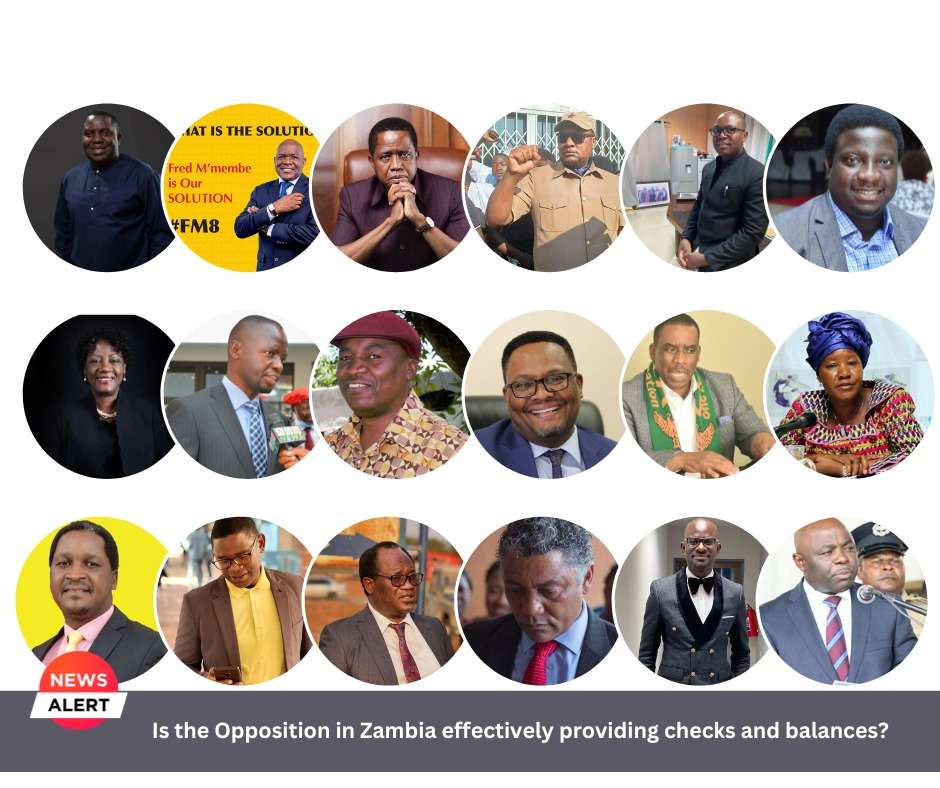By Guest Contributor | MELO MEDIA
One of the main criticisms of the opposition in Zambia is their lack of transparency. Many argue that they do not effectively provide checks and balances because they fail to disclose their sources of funding and their financial activities. This lack of transparency raises concerns about their independence and their ability to hold the government accountable.
Another criticism of the opposition is their weak presence in parliament. While they may voice their concerns and criticisms outside of parliament, their ability to effectively challenge the government’s policies and decisions is limited. This weak parliamentary presence undermines their role as a check on the ruling party and weakens their ability to provide effective checks and balances.
Critics argue that the opposition in Zambia often fails to provide viable policy alternatives to the ruling party. Instead of presenting well-thought-out alternatives, they often resort to simply criticizing the government without offering concrete solutions. This lack of policy alternatives weakens their ability to effectively challenge the ruling party and provide meaningful checks and balances.
The opposition in Zambia is often fragmented, with multiple parties competing for power and lacking a unified front. This fragmentation weakens their ability to effectively challenge the ruling party and provide a strong check on their power. Without a cohesive opposition, the ruling party can easily dismiss their criticisms and continue with their policies unchecked.
The opposition in Zambia often faces limited media coverage, which hinders their ability to effectively provide checks and balances. The media landscape in Zambia is often biased towards the ruling party, making it difficult for the opposition to have their voices heard and their criticisms amplified. This limited media coverage further undermines their role as a check on the government.
Opposition members in Zambia often face intimidation and harassment from the ruling party, which hampers their ability to effectively provide checks and balances. This intimidation can range from physical violence to legal harassment, making it difficult for the opposition to freely express their views and hold the government accountable. This hostile environment further weakens their ability to provide effective checks and balances.
Lastly, the opposition in Zambia has struggled to achieve electoral success, with the ruling party often dominating elections. This lack of electoral success undermines their legitimacy and weakens their ability to effectively challenge the ruling party. Without a strong mandate from the people, the opposition’s ability to provide checks and balances is significantly diminished.
If you are interested in becoming a Guest Contributor with Melo Media, all you need to do is send an email to editor@melomediazambia.com.








































